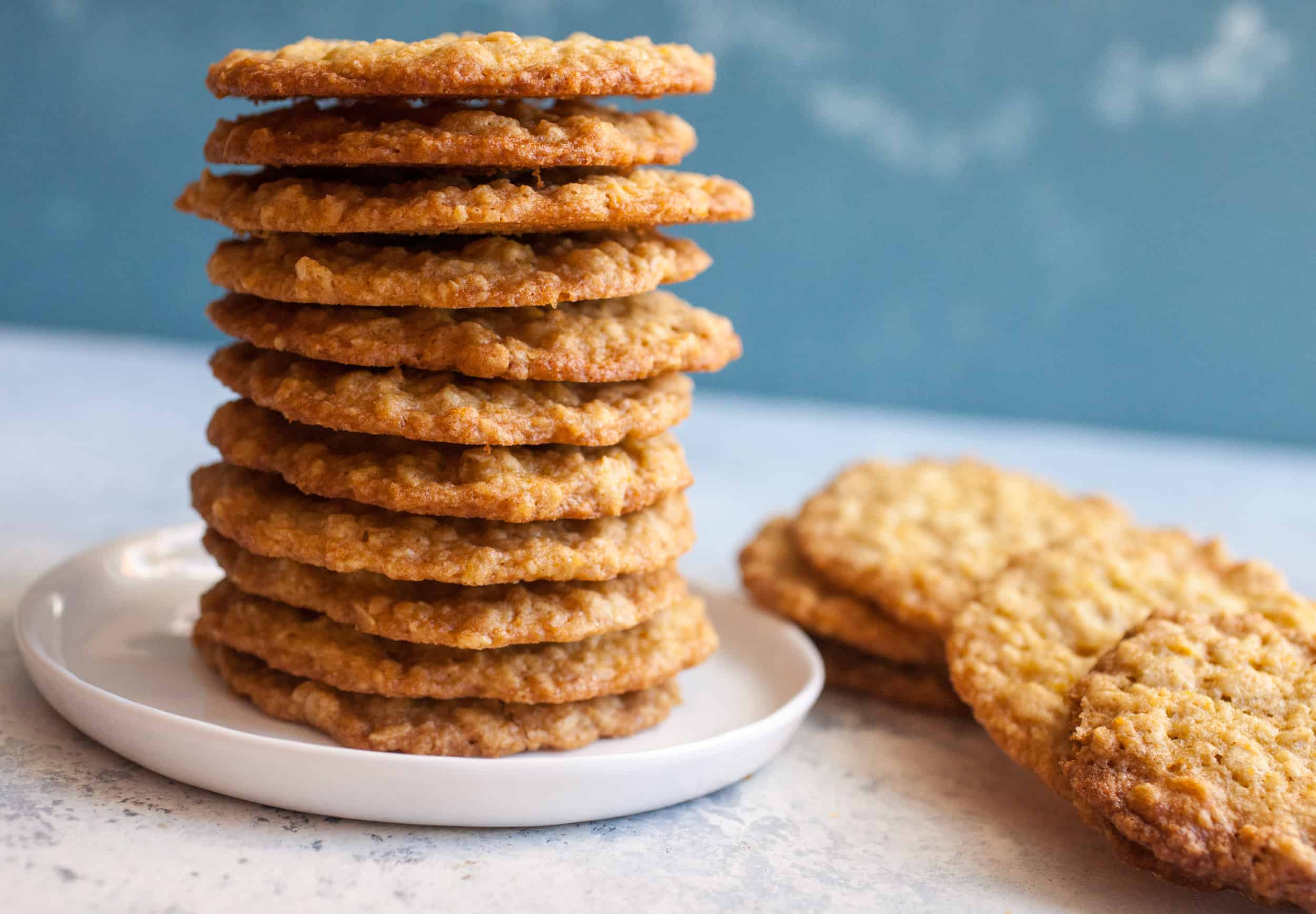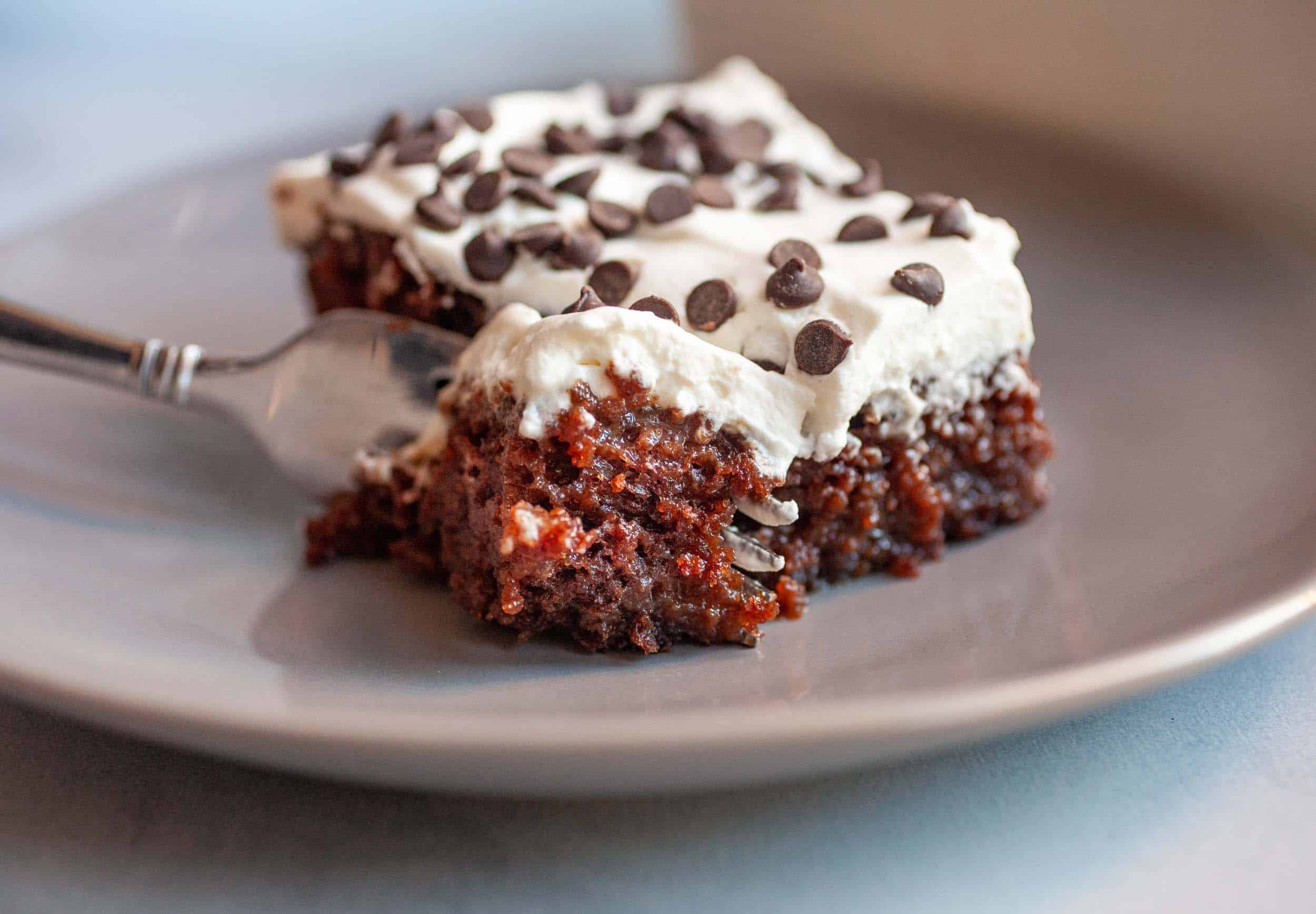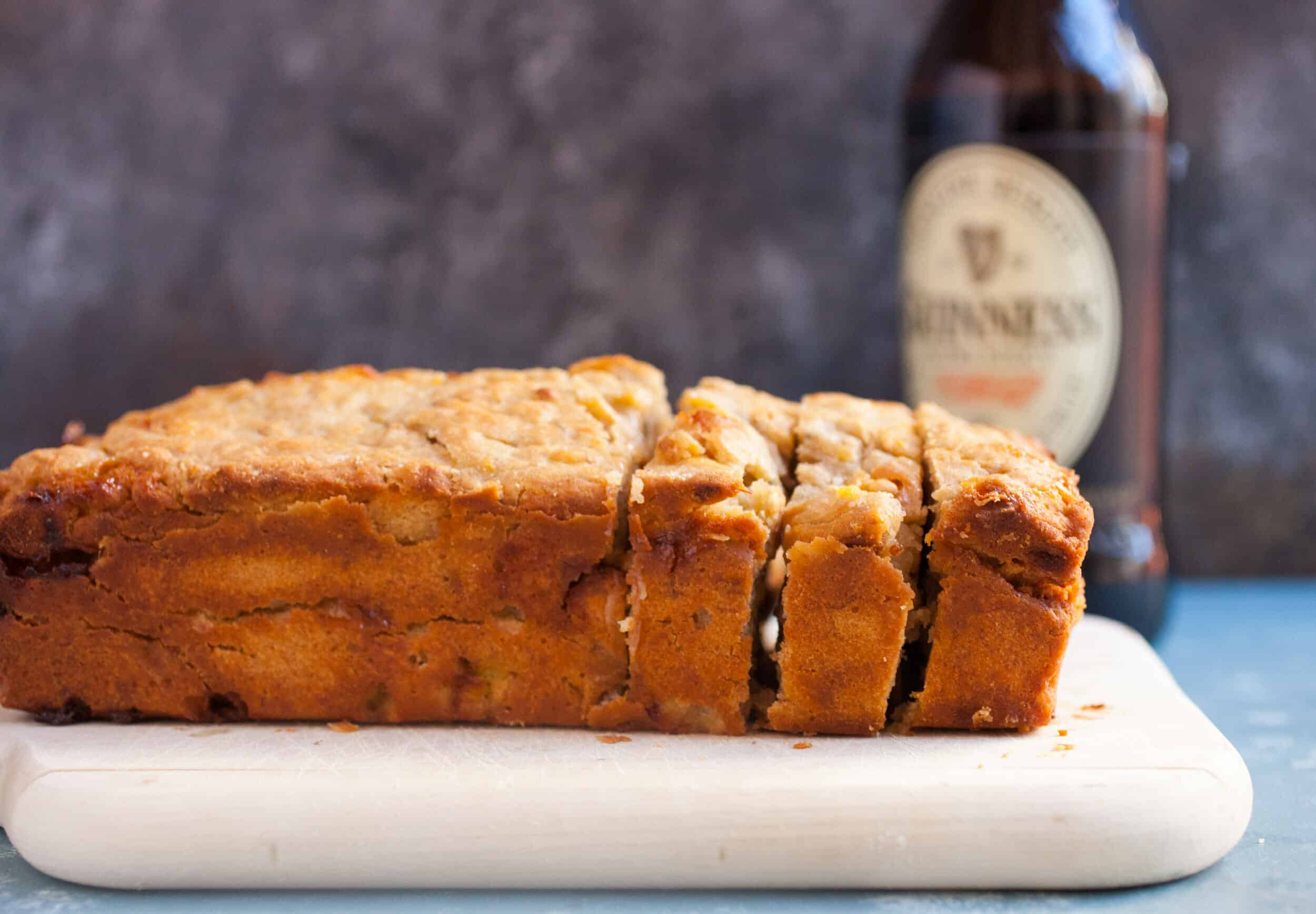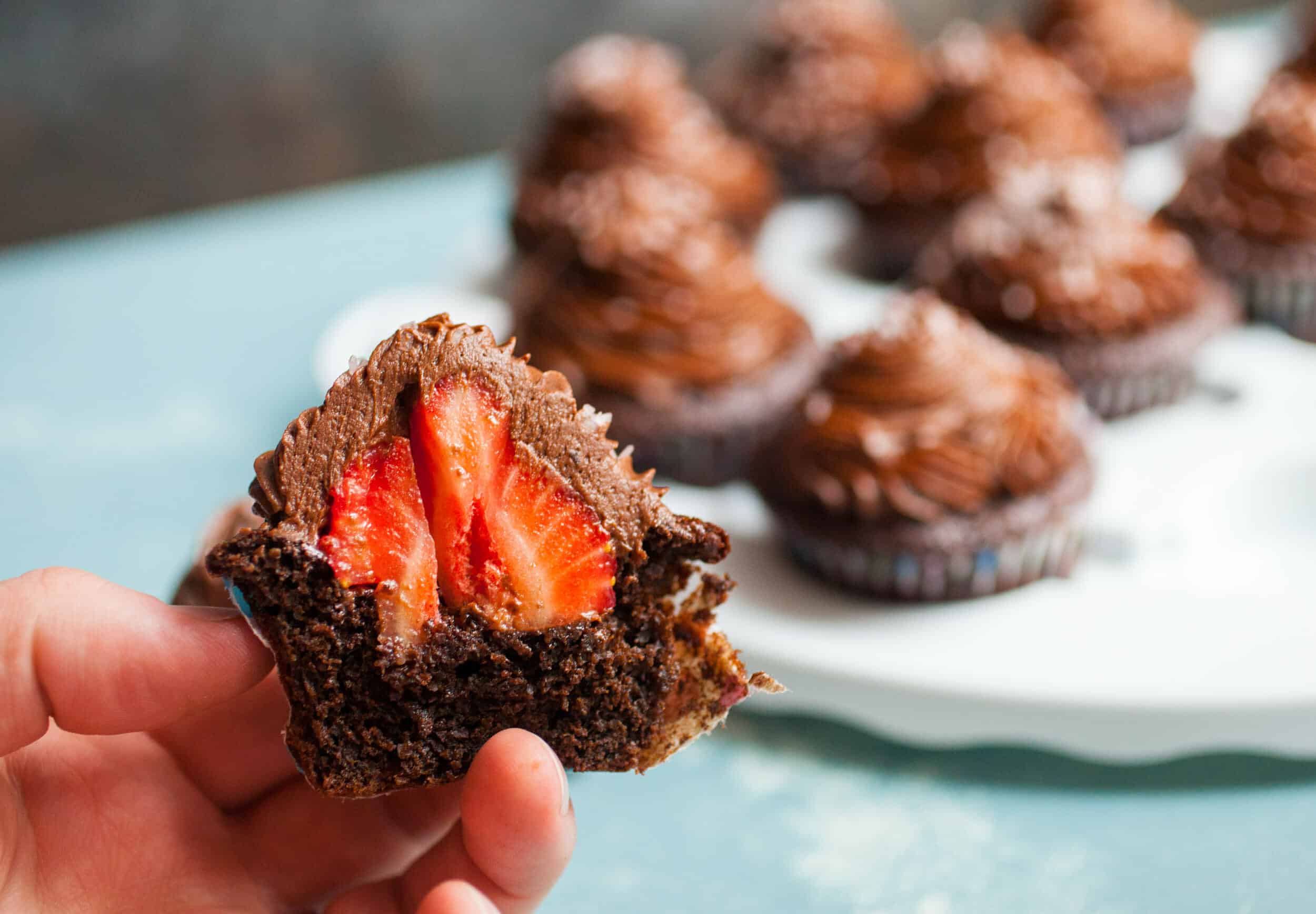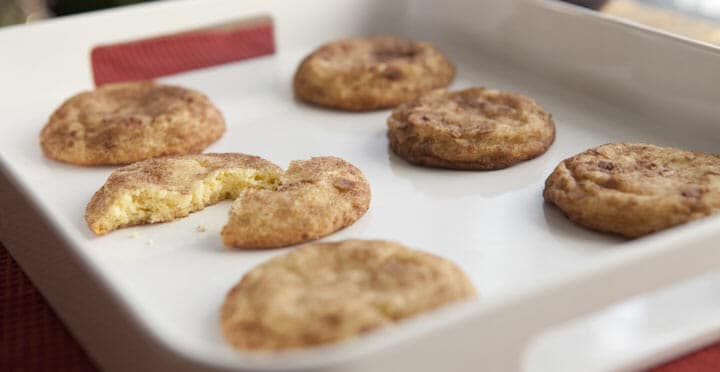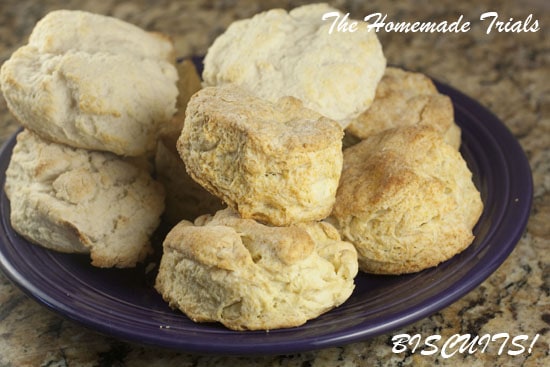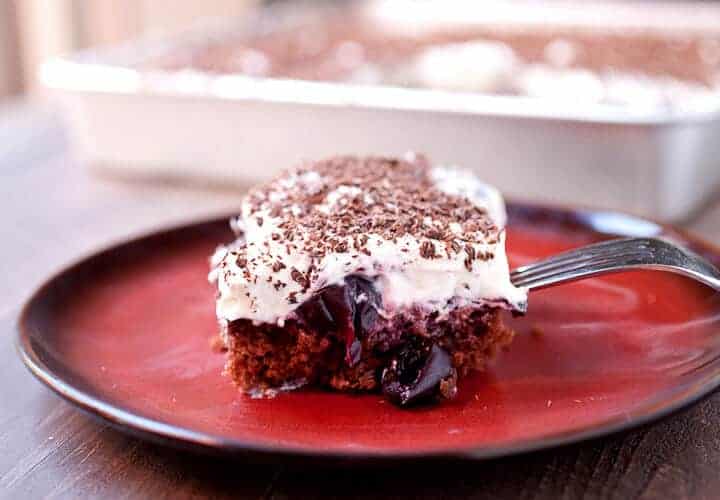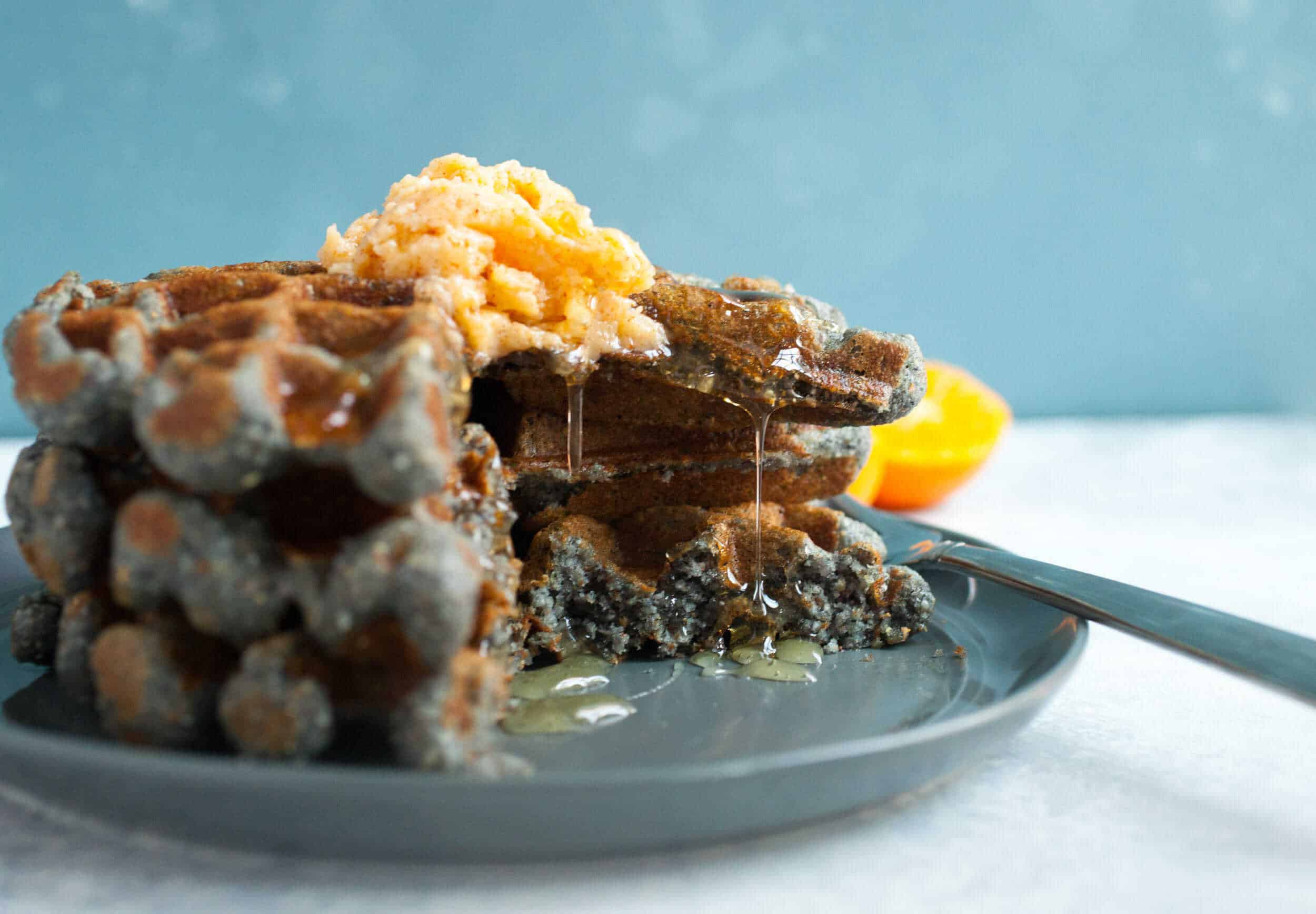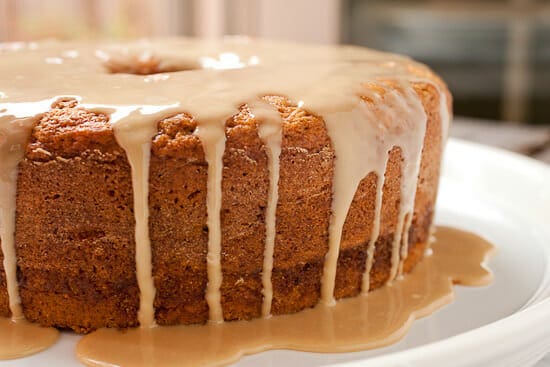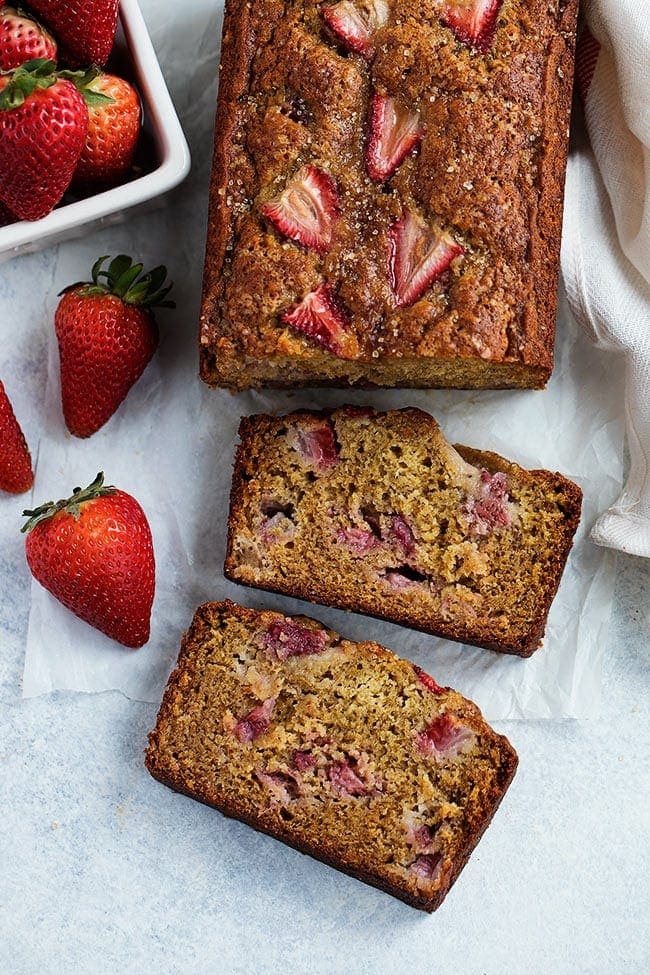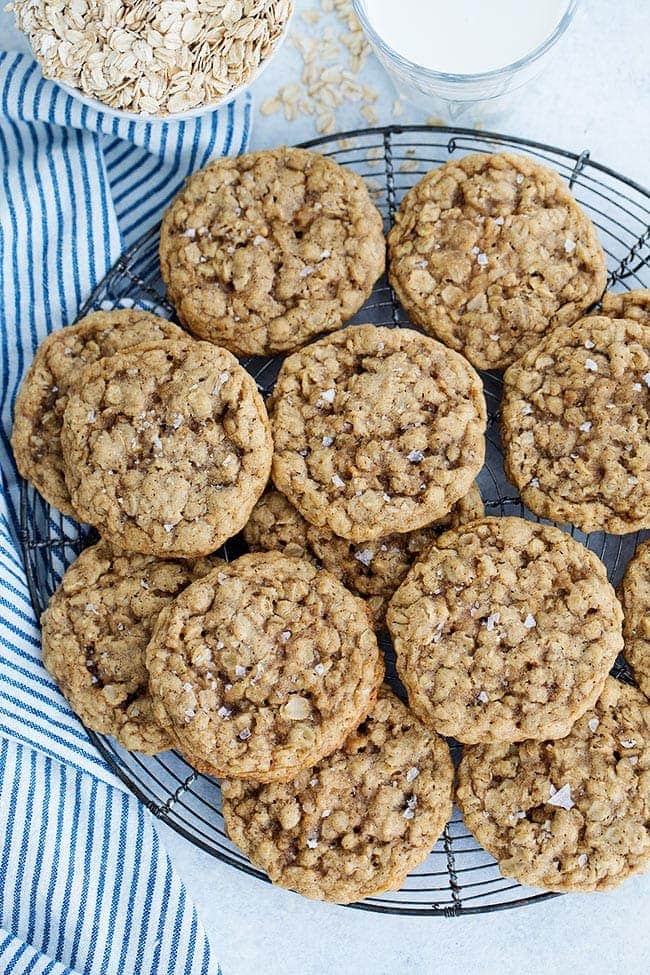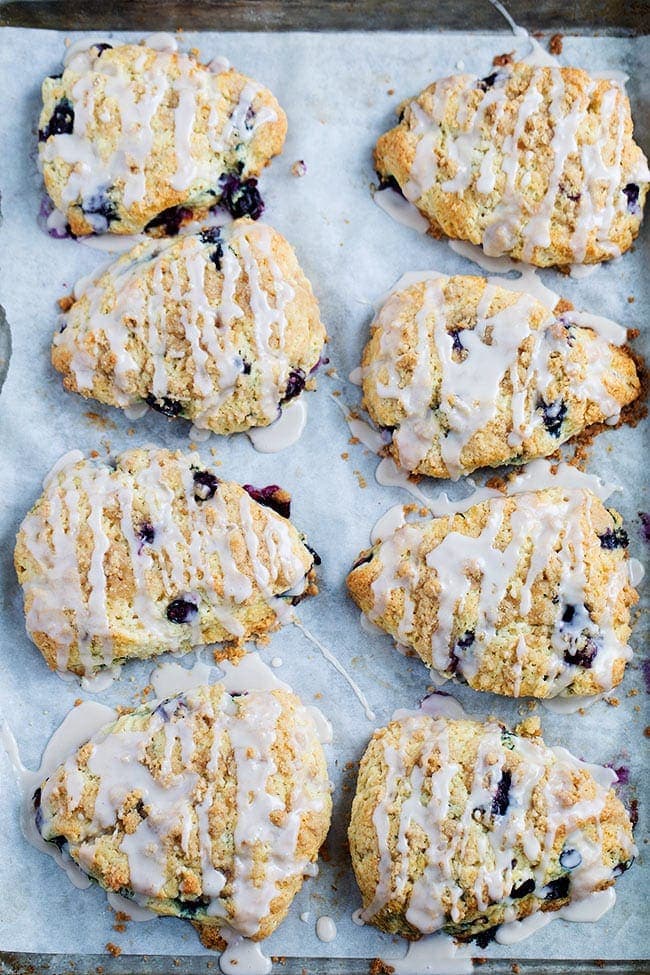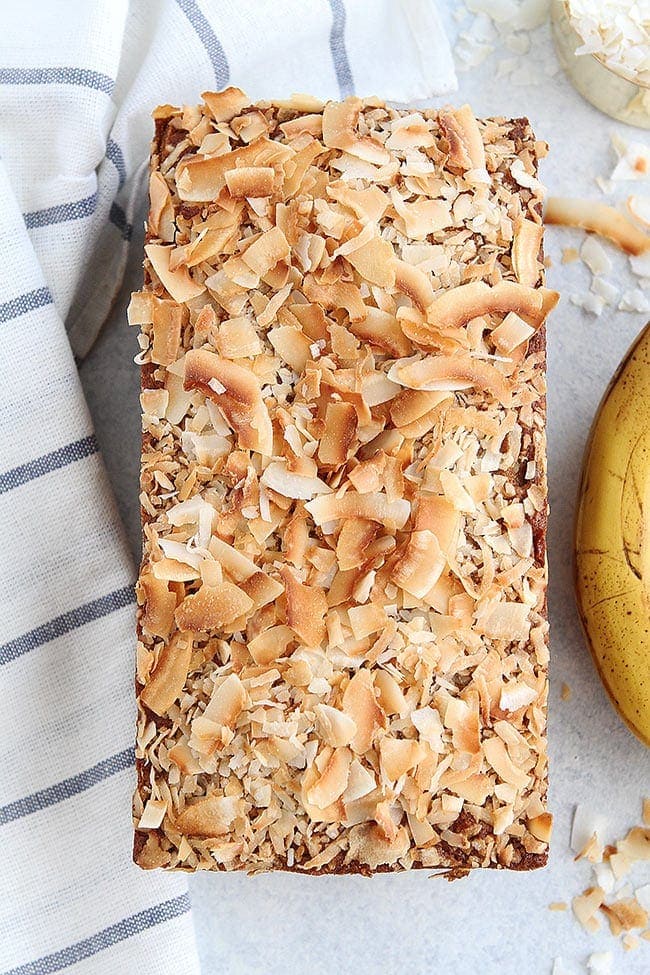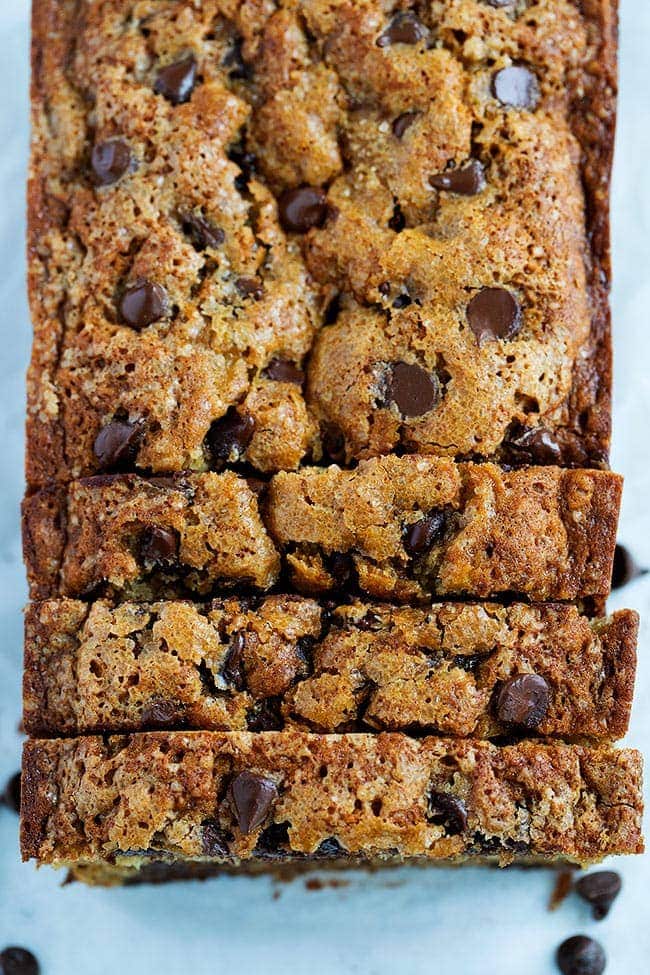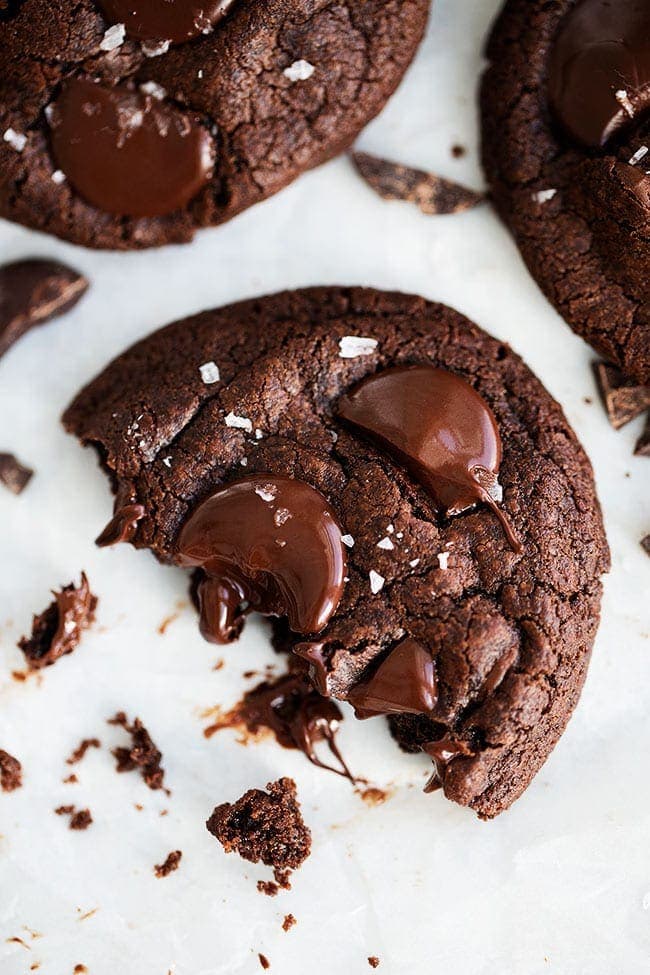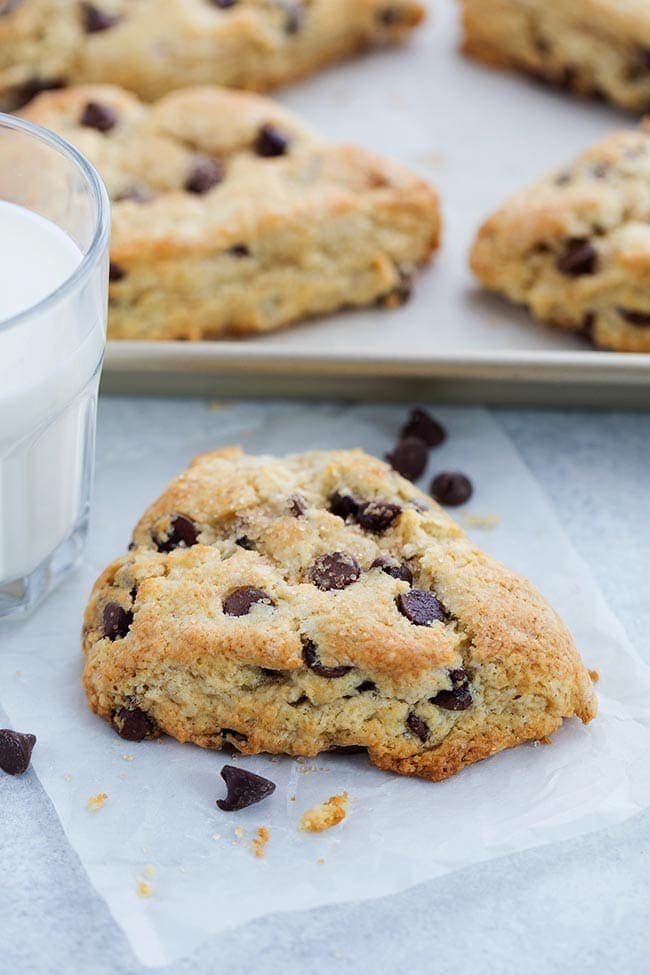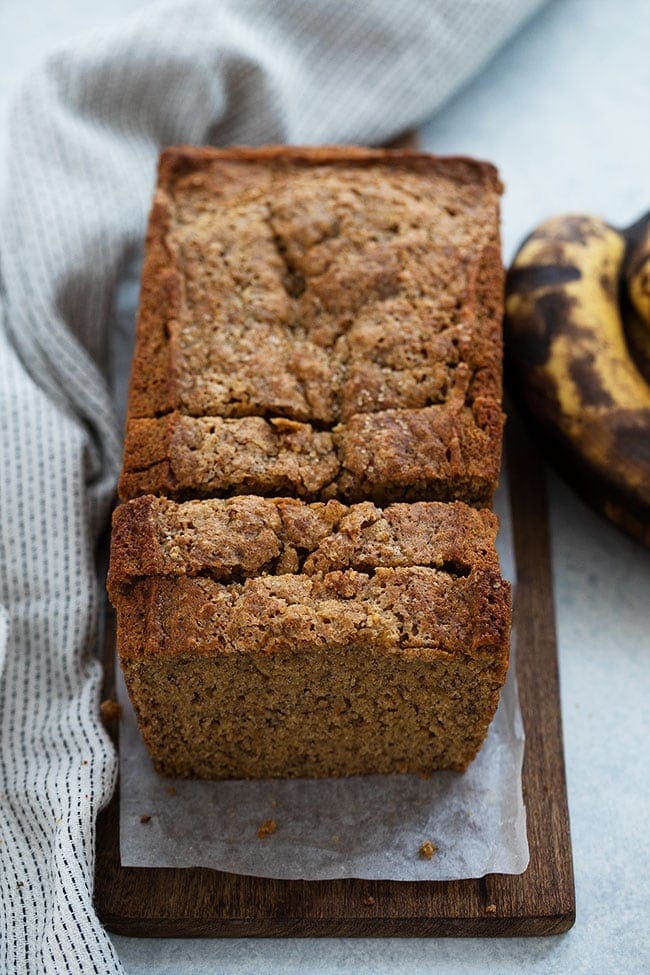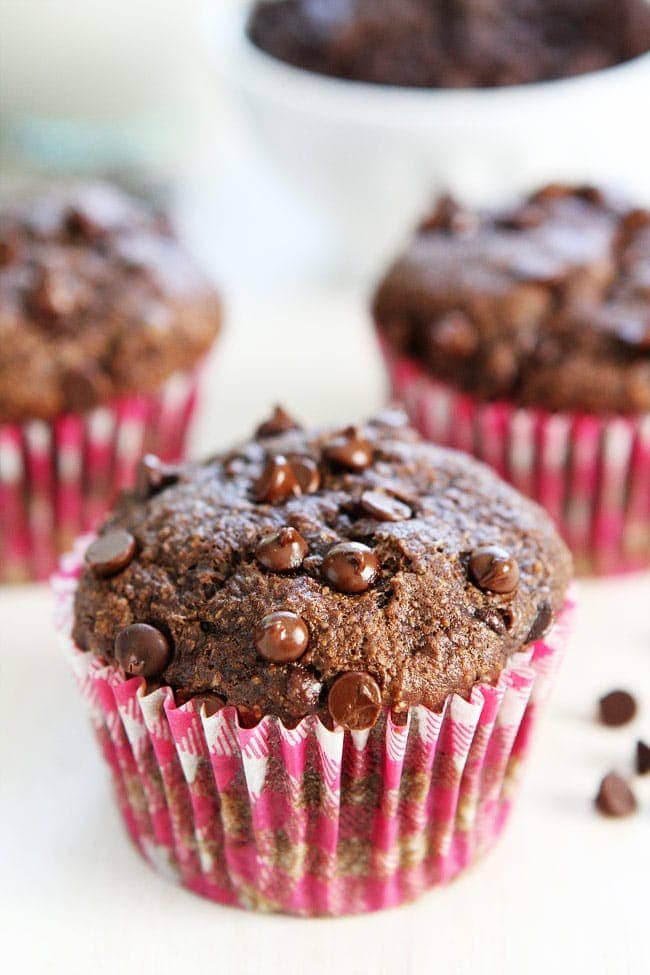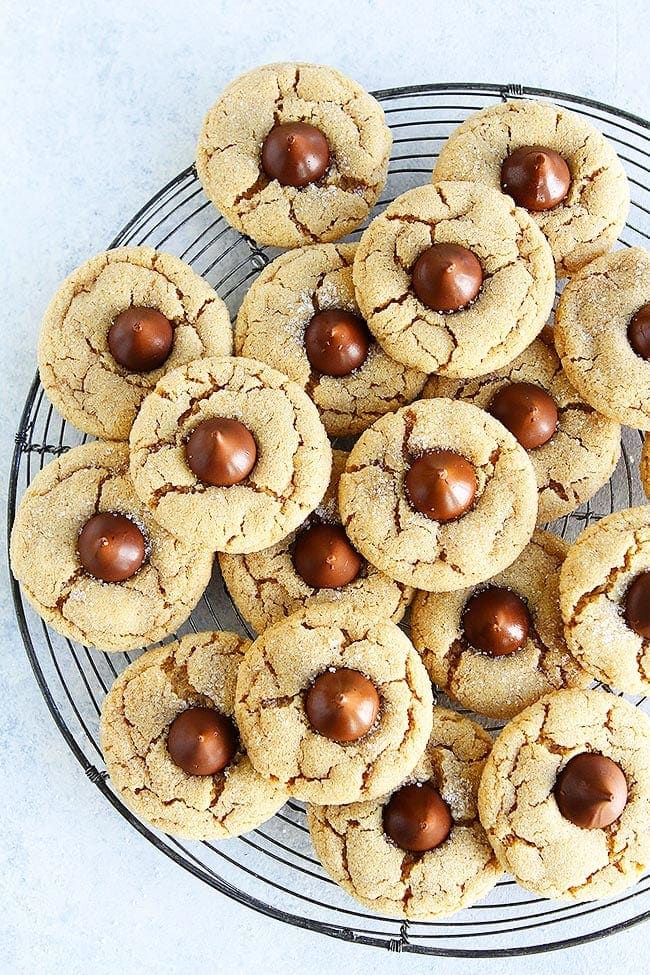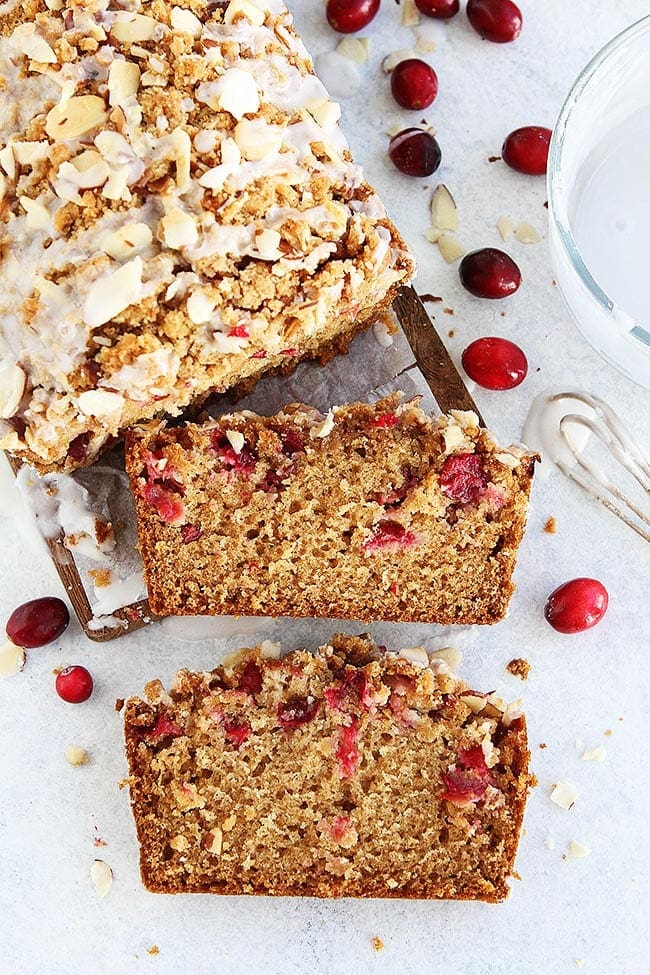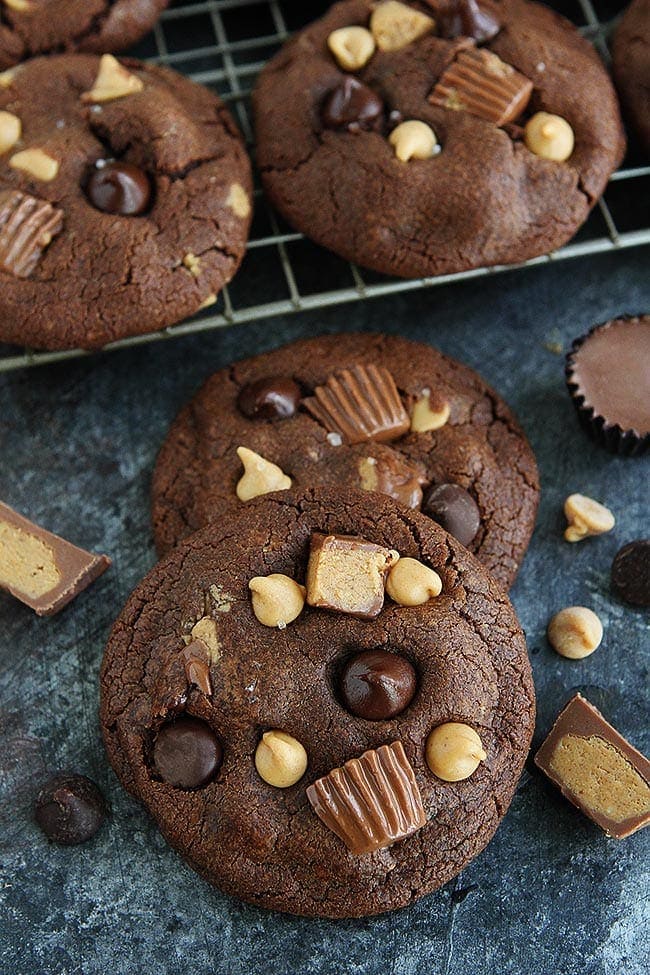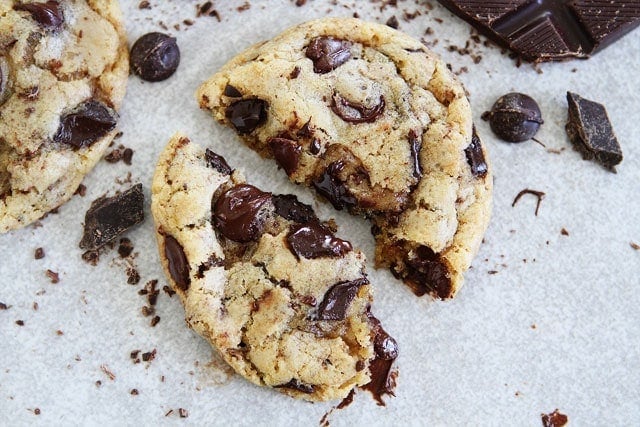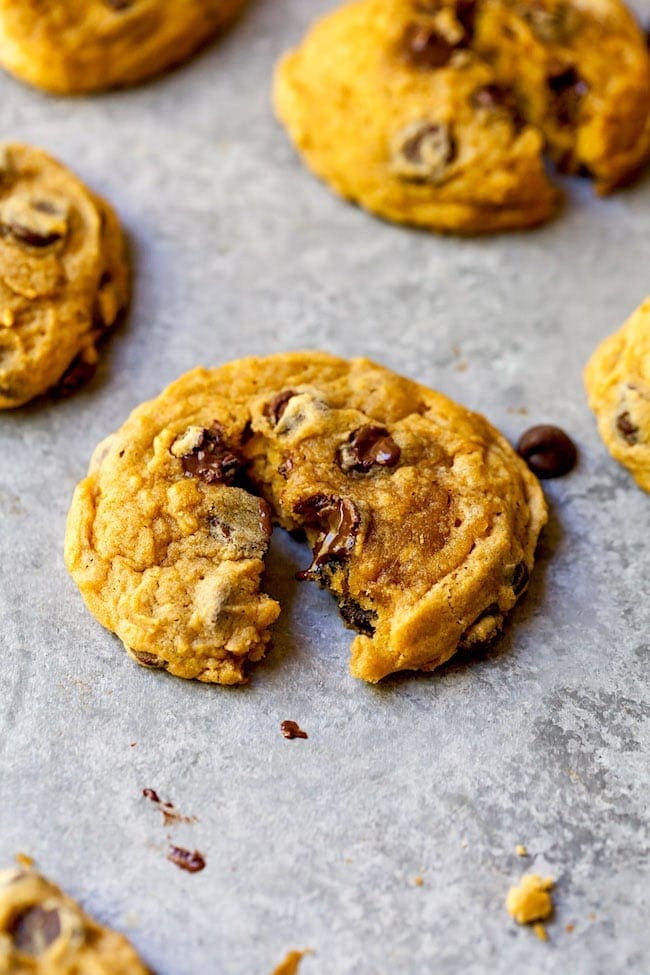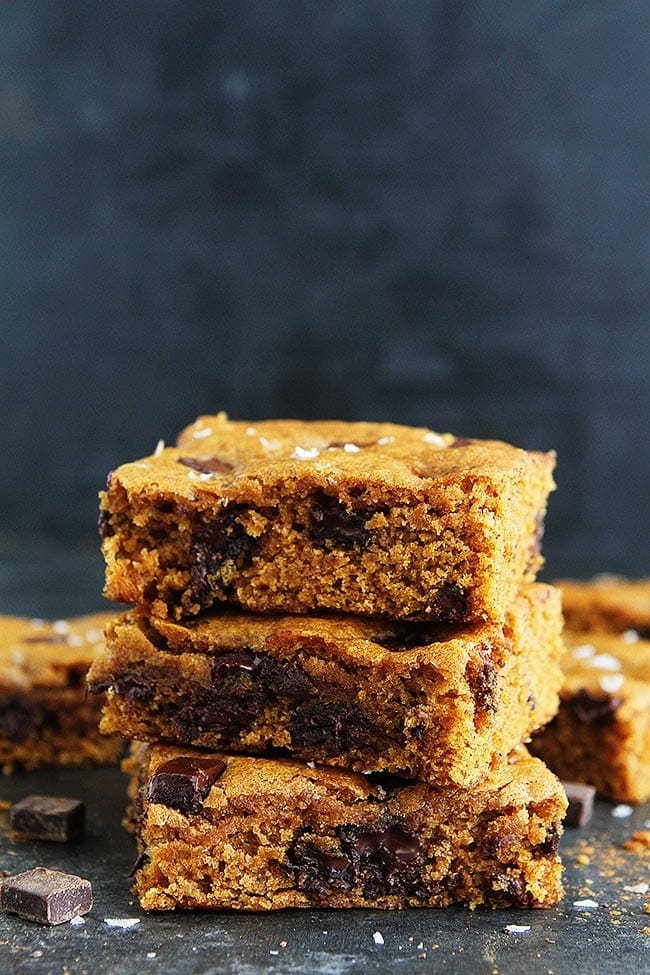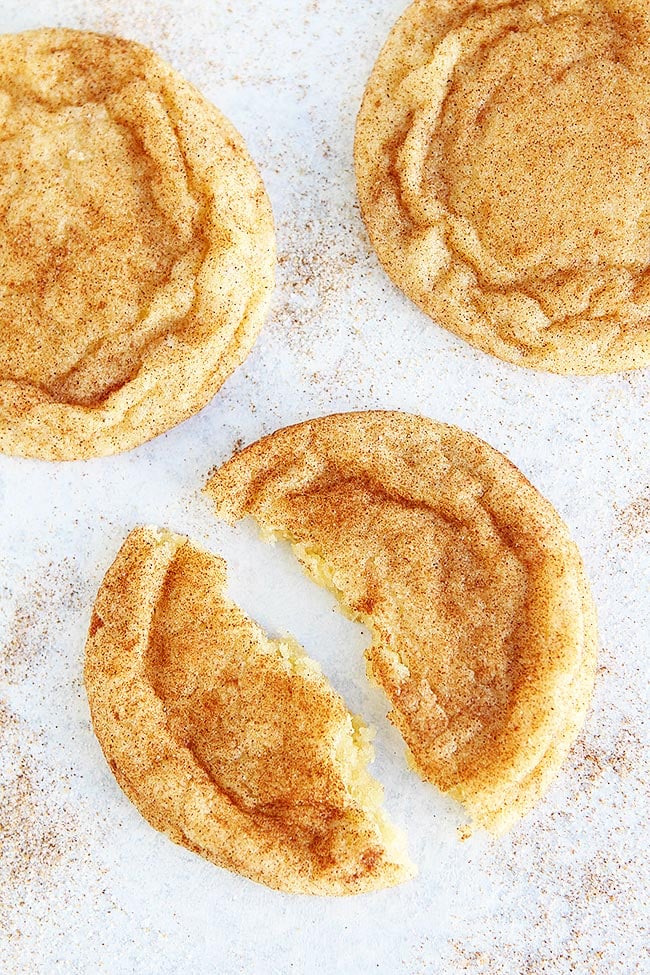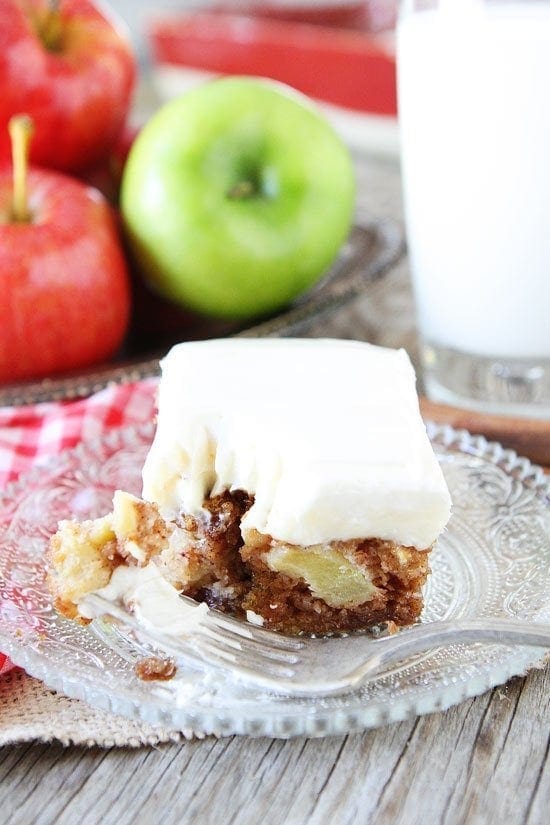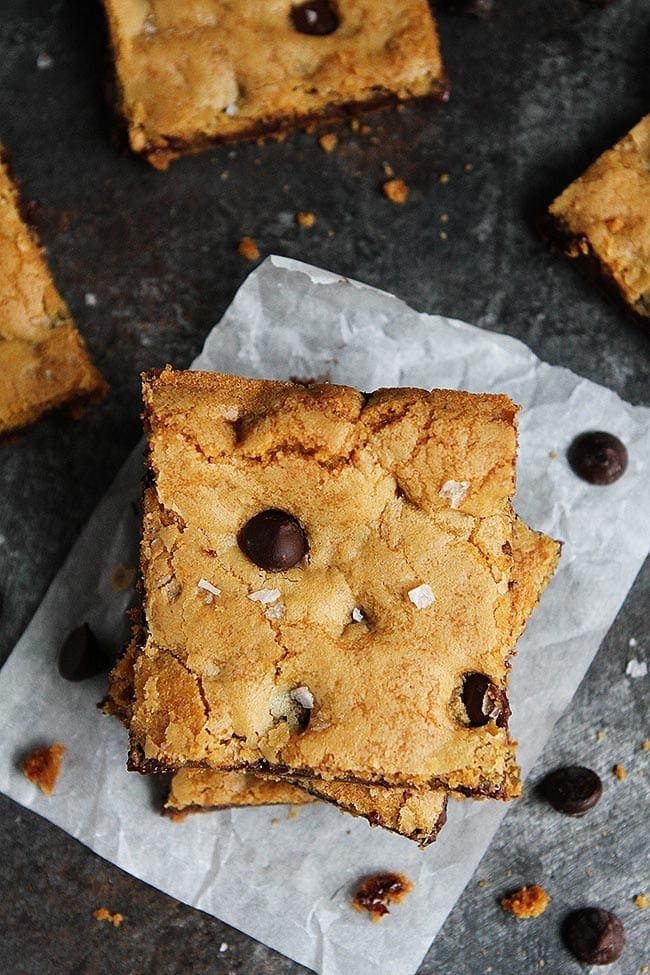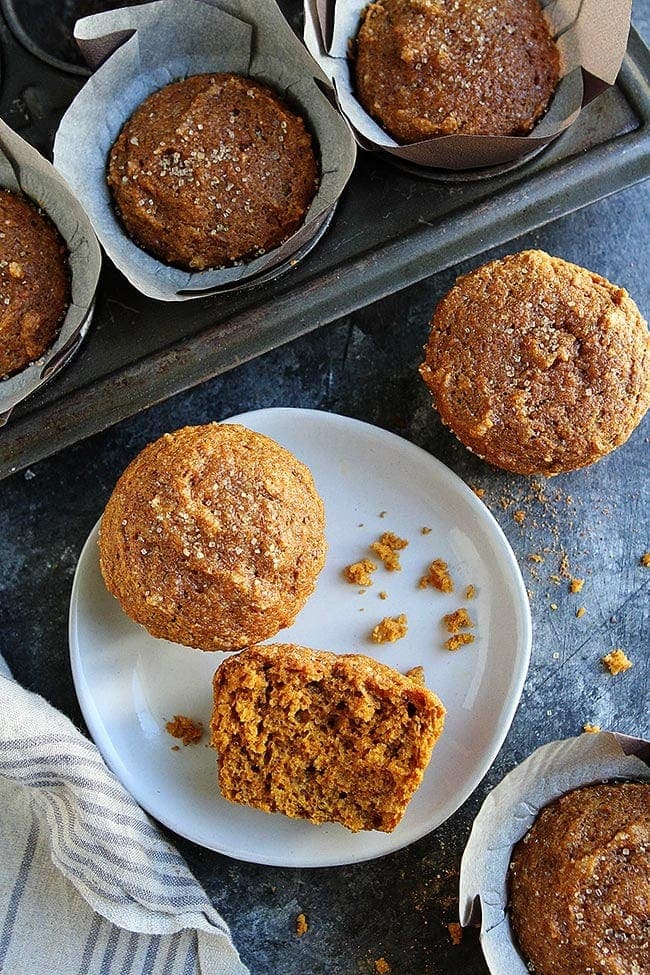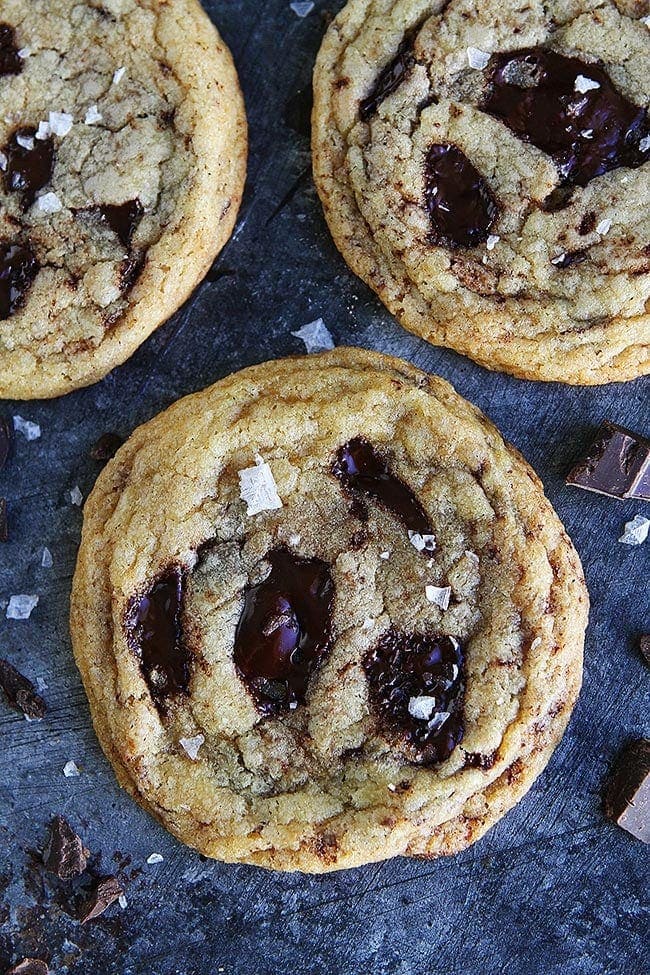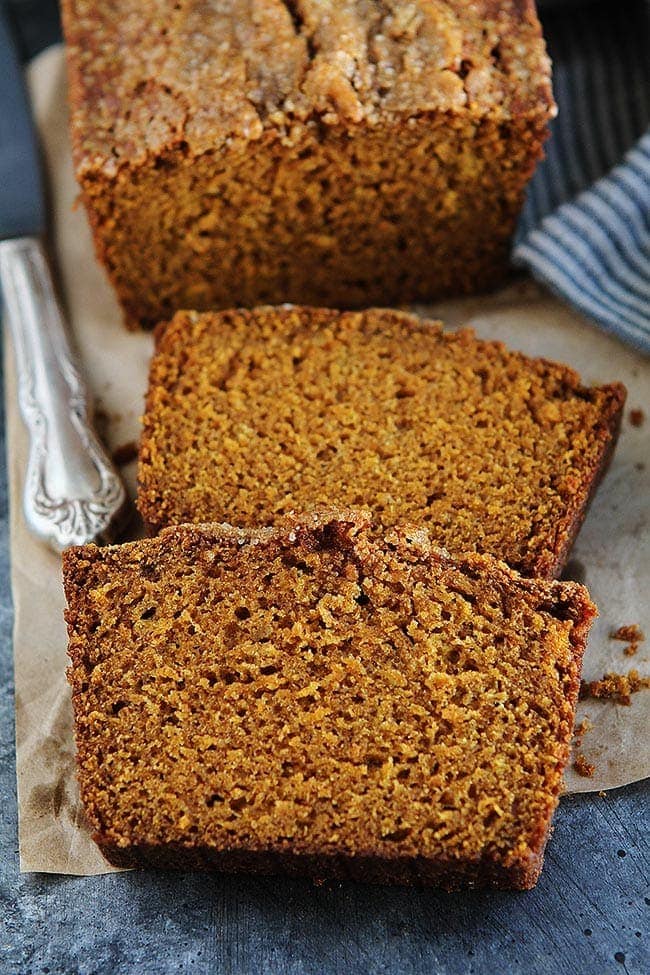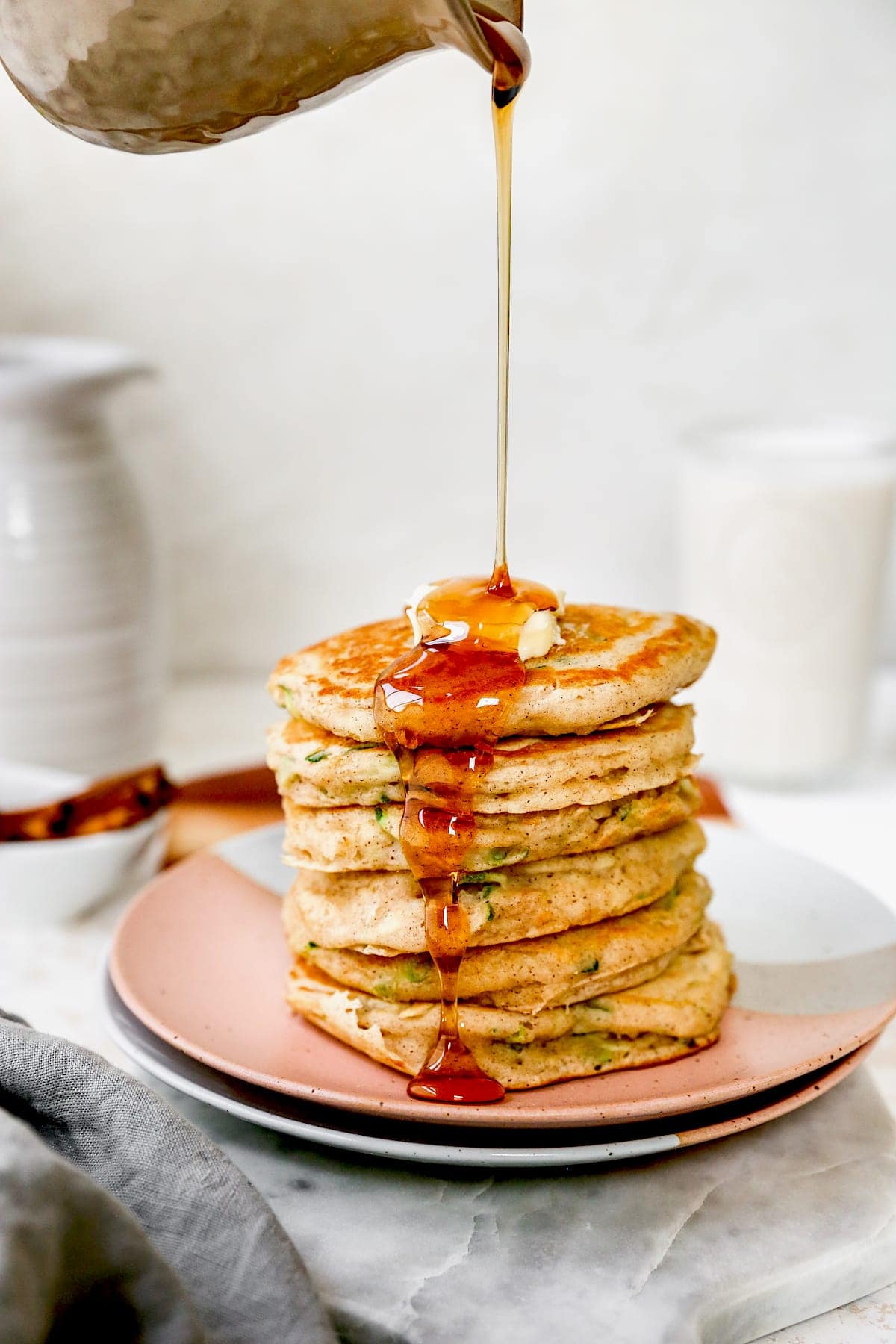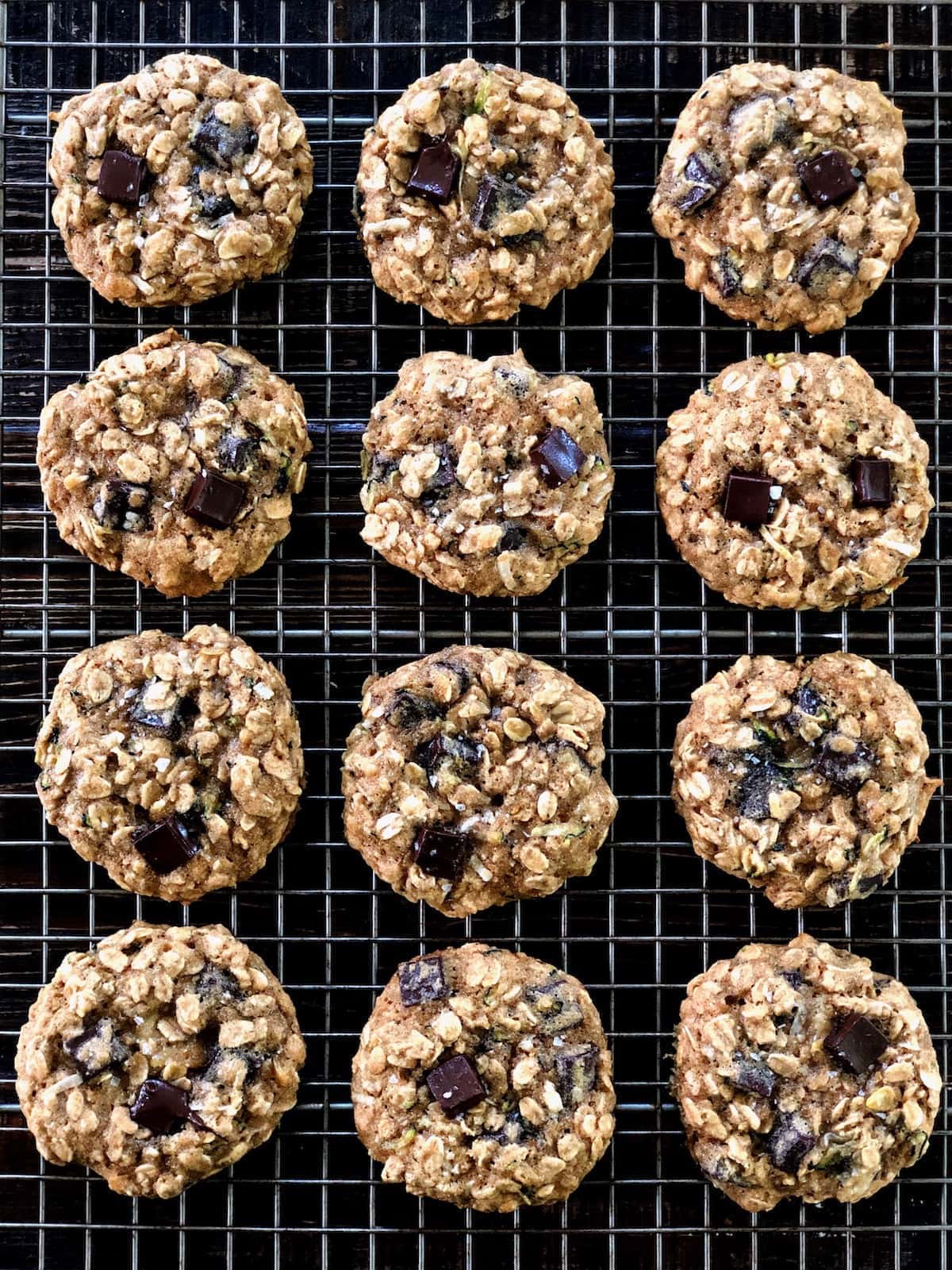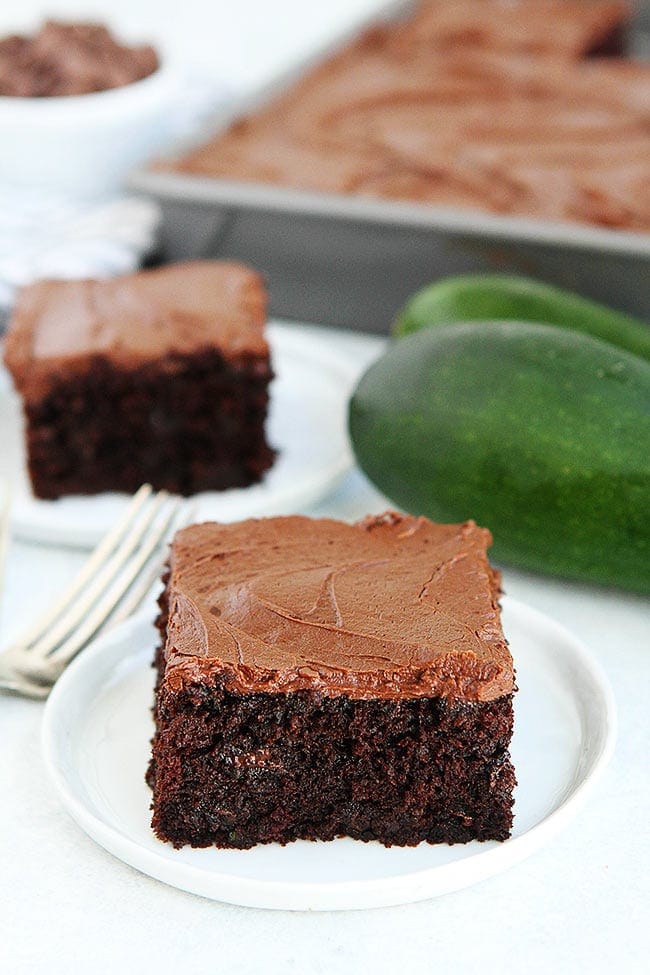Baking Soda: Important Facts, Health Benefits, and Recipes
Explore baking soda's uses, health benefits, and history in our ultimate guide, and learn how this versatile ingredient can improve your daily life.
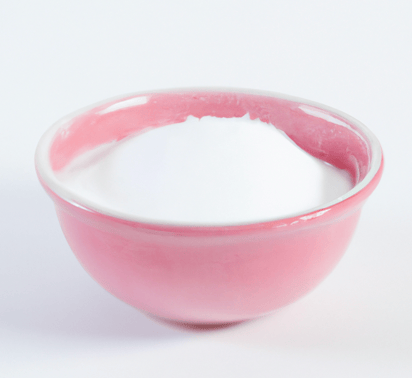
Nutritional Facts
0.5 tsp
Amount per serving
Calories
0
Carbohydrates
0 g
Fat
0 g
Protein
0 g
Saturated Fat
0 g
Sodium
629.3 mg
Fiber
0 g
Sugar
0 g
Best Baking Soda Recipes
-
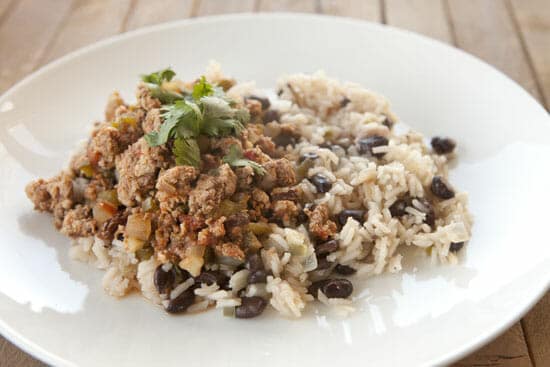
-
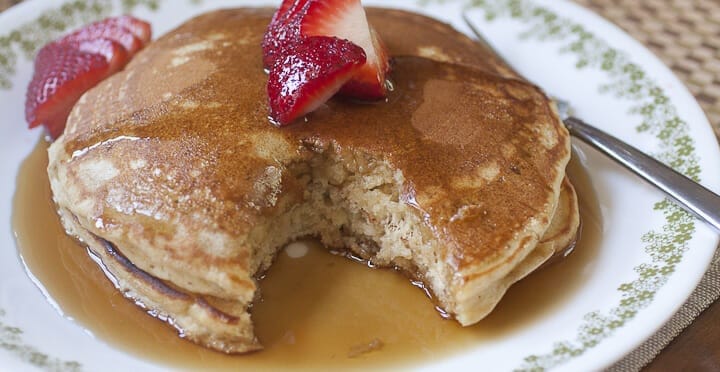
-
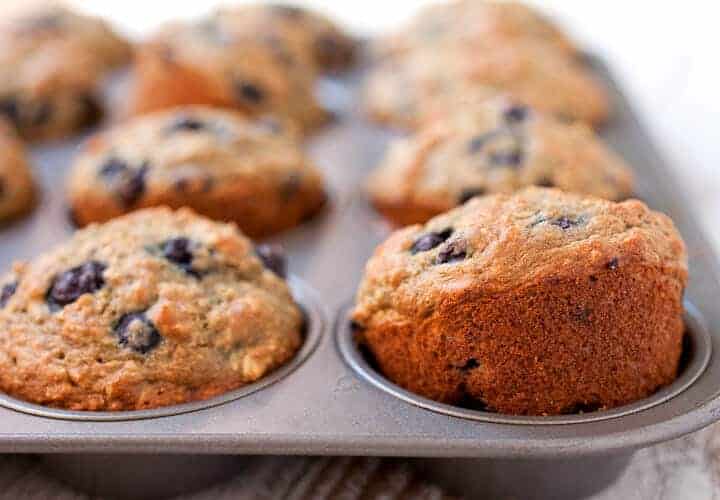
-
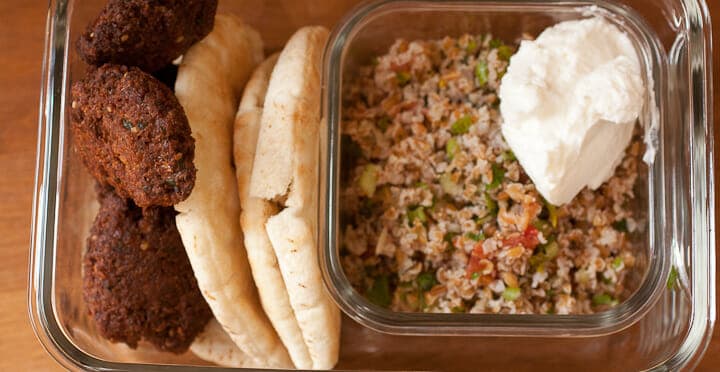
-
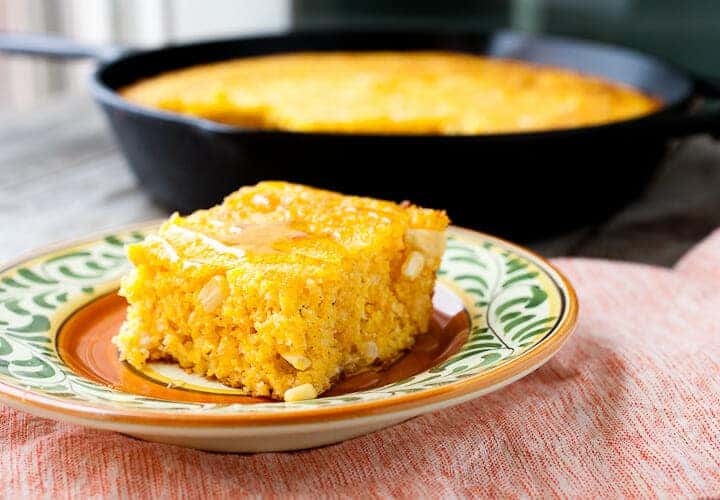
-
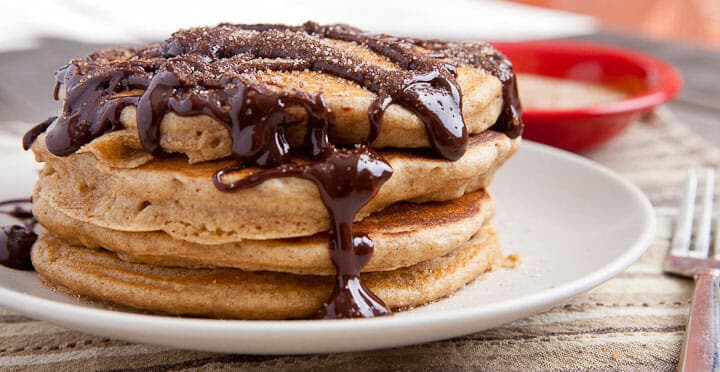
-
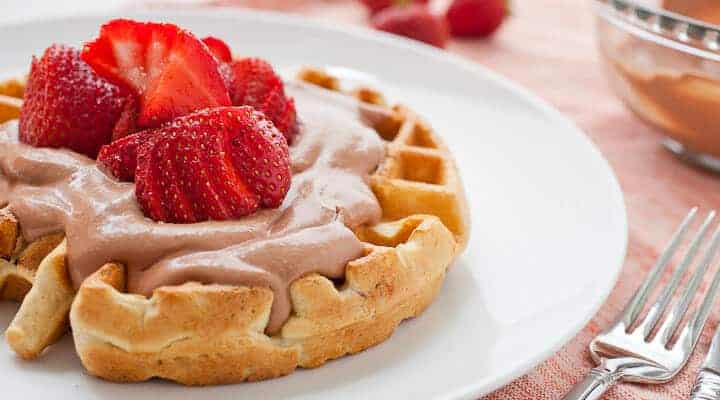
-

-
![Crispy Oatmeal Cookies Image]()
-
![Jalapeno Hush Puppies Image]()
-
![Sausage and Egg Biscuit Sandwich Image]()
-
![Better Than Sex Cake Image]()
-
![Guinness Banana Bread Image]()
-
![Chocolate Covered Strawberry Cupcakes Image]()
-
![Coconut Snickerdoodles Image]()
-
![Buttermilk Biscuits Image]()
-
![Black Forest Sheet Cake Image]()
-
![Blue Corn Honey Waffles Image]()
-
![Cloud Cakes Image]()
-
![Basic Buttermilk Waffles Image]()
-
![Red Eye Biscuits and Gravy Image]()
-
![Coffee Coffee Cake Image]()
-
![Strawberry Banana Bread Image]()
-
![Oatmeal Cookies Image]()
-
![Blueberry Scones Image]()
-
![Coconut Banana Bread Image]()
-
![Chocolate Chip Banana Bread Image]()
-
![Ultimate Chocolate Cookies Image]()
-
![Chocolate Chip Scones Image]()
-
![Healthy Banana Bread Image]()
-
![Vegan Chocolate Banana Muffins Image]()
-
![Brown Butter Salted Caramel Cookies Image]()
-
![Peanut Butter Blossoms Image]()
-
![Cranberry Almond Bread Image]()
-
![Peppermint Bark Chocolate Chip Cookies Image]()
-
![Chocolate Peanut Butter Cookies Image]()
-
![Chocolate Lover's Chocolate Chip Cookie Recipe Image]()
-
![Pumpkin Chocolate Chip Cookies Image]()
-
![Brown Butter Pumpkin Chocolate Chunk Bars Image]()
-
![Snickerdoodles Image]()
-
![Apple Cake with Cream Cheese Frosting Image]()
-
![Chocolate Chip Cookie Bars Image]()
-
![Healthy Pumpkin Muffins Image]()
-
![Brown Butter Chocolate Chip Cookies Image]()
-
![Pumpkin Bread Image]()
-
![Zucchini Pancakes Image]()
-
![Oatmeal Zucchini Cookies Image]()
-
![Chocolate Zucchini Cake Image]()


